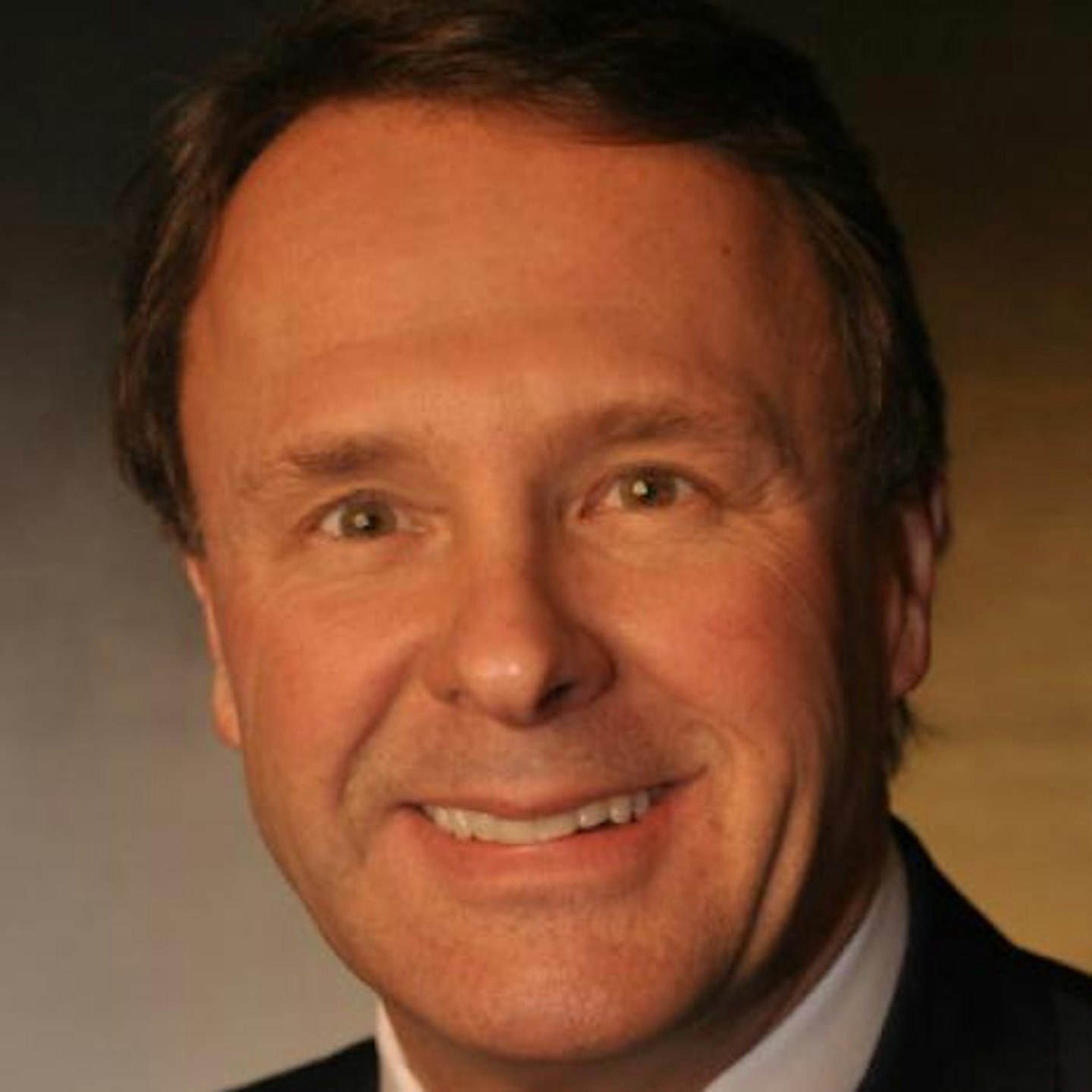Perhaps you're actually thinking about having some work done yourself – a nip here, a lift there. After all, it's so quick and easy to do, and with recent medical advancements you don't need to spend ages recovering.
But throwing yourself into the world of cosmetic surgery can come at a price, as 27-year-old model Laura Summers found out the hard way. She was already familiar with the latest procedures as she had been through two nose jobs, a couple of ear pinnings and five breast augmentations by the time she caught sight of a clinic's promotional stall at a trade fair.
They promised they could give her an on-the-spot lip filler to plump up her pout and she agreed to have it there and then.
"I felt I'd been well and truly conned"
"They said they were licensed and legitimate," she tells The Sun, "so I thought, 'why not?'"
Having handed over £200, Laura had her lips filled with an unknown substance that soon made her face feel numb.
But when she returned to complain, the clinicians had left the fair, leaving behind no contact details.
"It was then I felt I'd been well and truly conned," says Laura. "They were just have-a-go sharks."
When she woke up the next morning, her lips had swelled to a grotesque size, prompting the model to seek medical attention – but even the A&E staff had no idea what had been in the injected filler and could only prescribe antibiotics to ward off infection.
[ASSETHERE=image]
Laura set about trying to find the rogue firm and, when she finally got through to someone there, was told that "these things happen".
Mr Douglas McGeorge, the former president of the British Association of Aesthetic Plastic Surgeons (BAAPS), points out that it is vital for patients to do their research first and check the credentials of the clinic and surgeon carrying out their procedure.
“One of the things about fillers is the worst practitioners could be prosecuted for is assault,” he says.
"Price isn't ultimately the most important thing – it's actually getting a good result"
The problem with taking unregulated clinics to court is that many fillers are absorbable, and so an odd-looking mouth or droopy eyebrow caused by a poorly administered injection will last for six months or so and then wear off.
"I suspect that's why a lot of these clinics don't get into as many problems or as much trouble as they should," the expert explains. "By the time you get to court it has worn off."
Mr McGeorge notes that it is all too easy to be seduced by low-cost cosmetic treatments without looking behind the headline figure.
"It isn't all about price; the bottom line is to some extent you get what you pay for," he states.
"One of the reasons why the UK is relatively expensive is that we're very heavily regulated. If you cut corners you can cut prices, but of course price isn't ultimately the most important thing – it's actually getting a good result."

A plastic surgeon's guide to having cosmetic treatments:
